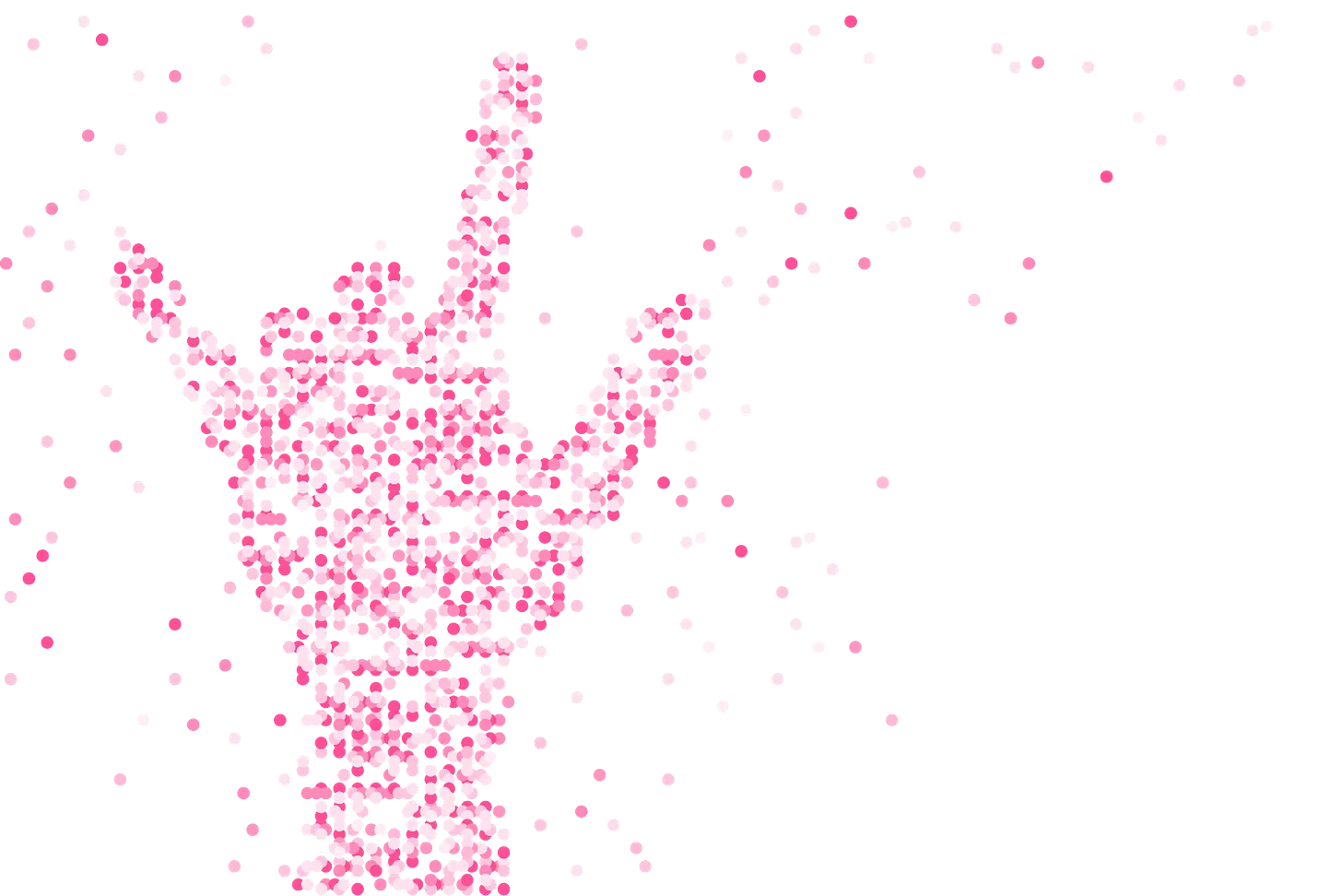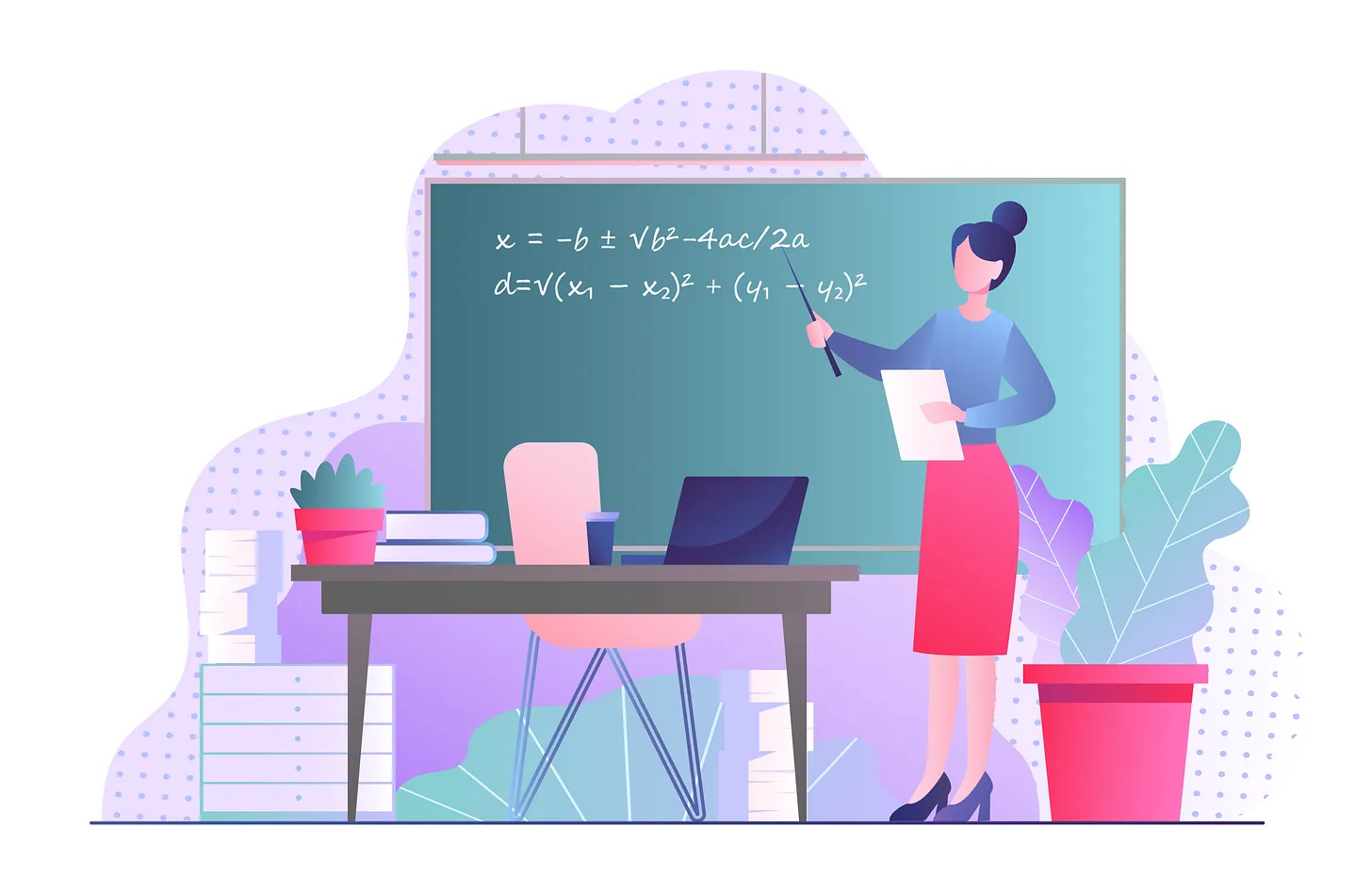
Love Survives the Truth
It is very hard for people to accept that broad imitative tendencies apply to themselves.

The Predisposition to Imitate
The underlying response predisposition is to imitate. It takes an act of inhibition to hold this primitive response in check.

From Imitation to Language
The emergence of the will and capacity to imagine what you cannot see with your own eyes, simply because you believe somebody else.

The Subject
The grammatical subject is a conventionalized principle, which a community decides to impose on itself because speakers do not always specify what it is that they are talking about.

In Your Own Words
We only begin to understand what we have heard when we go beyond the words of the message and let our new understanding interact with our experiences in inexpressible ways.

Explain Your Reasoning
Those students who can better navigate the social-semantic space—not necessarily those who know more or can reason better—will be able to produce better explanations.

From the Private to the Social
Humans live with two worldviews, one private-experiential and the other social-linguistic. Communicative success rises as the space between the two worldviews shrinks.

Closing the Gap
There is, without question, a language of privilege in America that excludes those who do not speak it fluently.

Teaching Is Cheating
We are all taught that somehow this information is inside them and that we need to draw it out.

The Ability to Tell
If there ever was a Copernican moment in the history of humankind, this was it.

Private, Experiential Worlds
Speakers always come into a conversation from the two sides of an experiential gap. The gap is where the conversation takes place.

Instructing the Imagination
The functional specificity of language lies in the very particular functional strategy it employs. It is dedicated to the systematic instruction of imagination.

Getting People Wrong
Imitation remains a powerful force in your life, even as an adult, and when educators turn up their noses at imitation, they are getting people wrong.

Flexible Imitation
In a rapidly changing environment, copying the effective behaviors of knowledgeable others could be a much more effective learning strategy.

Children Are Not Little Scientists
Judging by their methods and their talents, we would do well to think of children not as scientists, but as anthropologists.

Cracking Open Overimitation
Your ability to retain and reproduce without understanding gives you time to reach that understanding.

Looking Outside of Cog-Sci
Research outside of cognitive science tends to support findings in cognitive science, not contradict them.


Tradition!
Imitation—as the term is used in the literature—is not mindless parroting or mimicry.

Overtly Intentional Communication
Ostensive communication plays an especially pivotal role in the pervasiveness of human culture.
